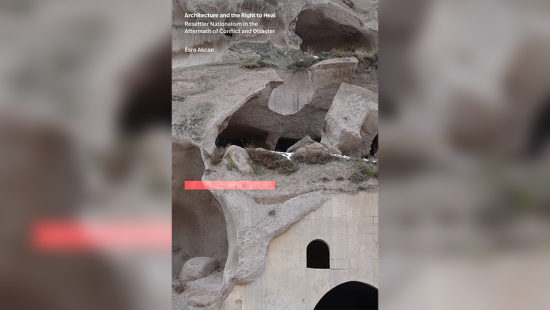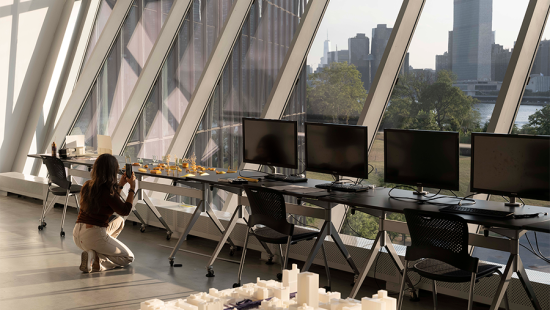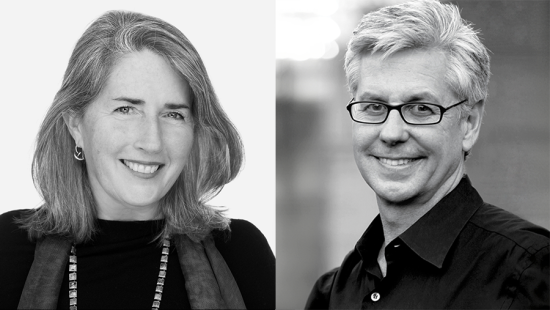Three Things to Know About FABRICATE 2020
A premier triennial conference on Making Resilient Architecture featuring groundbreaking peer-reviewed research on advanced digital fabrication technologies for Architecture, Engineering, and Construction (AEC). Online, open to the public, Sept. 9–12.
01. This year, like much of the world, FABRICATE 2020 has adapted to circumstance. Originally planned as a spring in-person event, the conference will now be streamed online to a broader global audience. From the mode of delivery and attendance to content, FABRICATE's fourth iteration is distinctly 2020. The central theme, Making Resilient Architecture, prompts timely questions that frame four topics for discussion led by experts in the following areas:
- Bio-materiality
- Synthesizing design and production
- Optimization for a Changing World
- Polemical Performative Practice
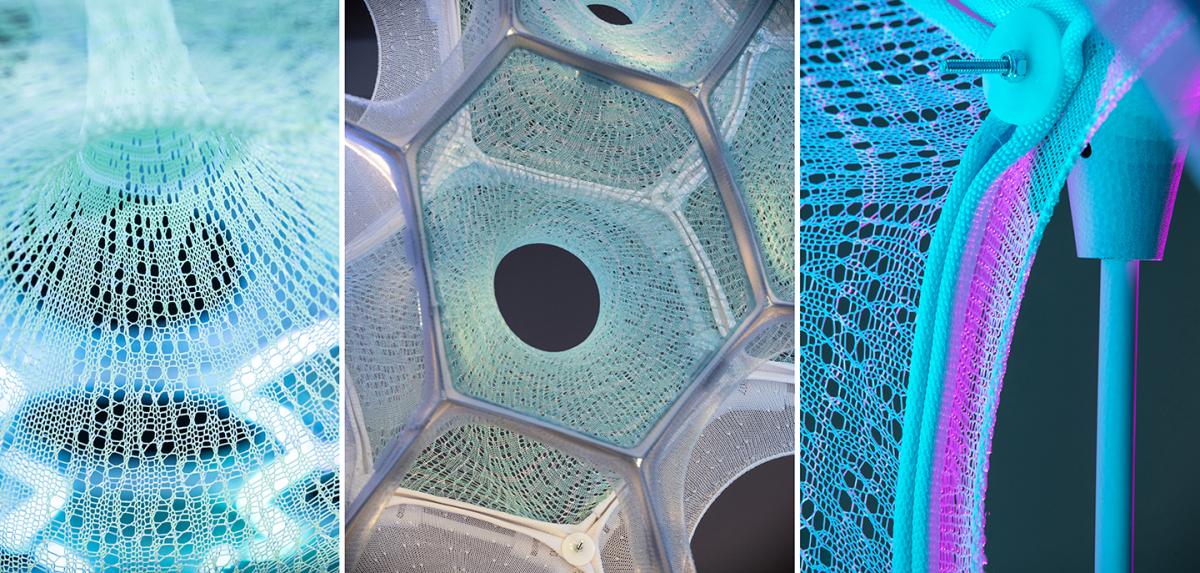
02. For the first time, FABRICATE is cochaired by two women — Associate Professor and Associate Dean for Design Initiatives at Cornell AAP Jenny Sabin, and Professor and Dean of Design at Swinburne University of Technology Jane Burry. In the context of the STEM fields, including AEC, Sabin and Burry's joint role is an important acknowledgment of a step forward for women who have worked long and hard to lead these conversations.
"In an era where we are witnessing one of the biggest paradigm shifts in the conceptualization, making, and construction of buildings, FABRICATE celebrates and debates the most cutting-edge innovations in digital fabrication to impact architectural pedagogy, trans-disciplinary research, and applied professional practice in a changing world," says Sabin.
Sabin and Burry also coedited the conference's companion publication FABRICATE 2020: Making Resilient Architecture, with Bob Sheil, Director of Technology and Computing at the Bartlett School of Architecture, University College London; and architect Marilena Skavara. The publication includes 12 papers beyond the 20 that will be presented at the conference.
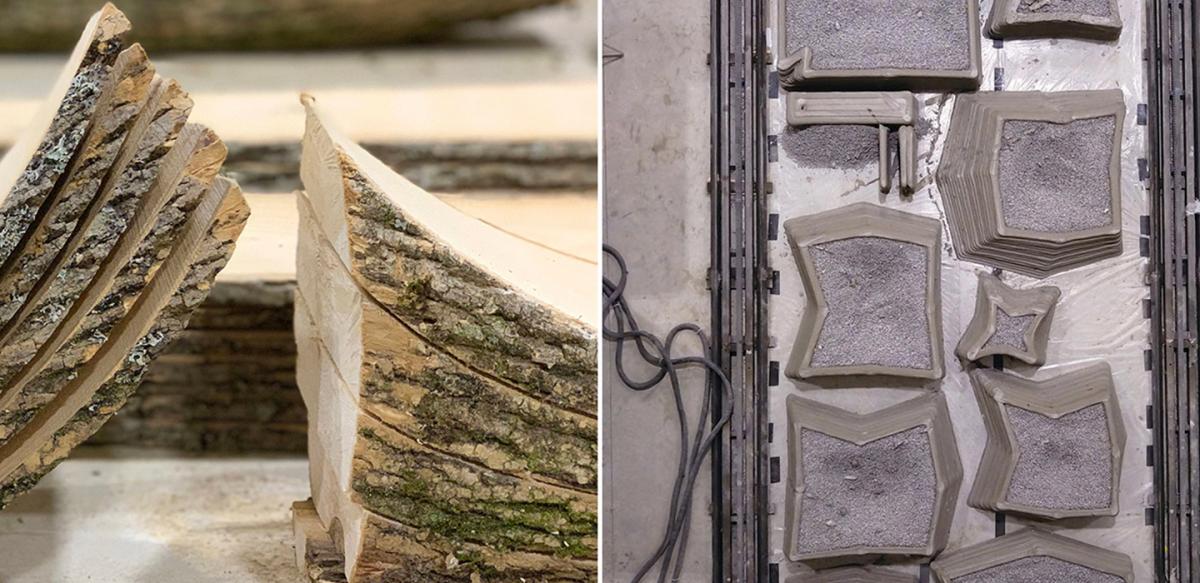
03. Cornell AAP faculty will have a strong showing this year. Thursday, September 9 includes a presentation by AAP assistant professors of architecture Leslie Lok and Sasa Zivkovic titled Making Form Work — Experiments Along the Grain of Concrete and Timber. Lok and Zivkovic's presentation for the bio-materiality panel will offer insight into the innovative processes used to create their Ashen Cabin project that was constructed and opened last year outside of Ithaca, New York. On September 12, Sabin will present Embedded Architecture: Ada, Driven by Humans, Powered by AI, coauthored by John Hilla, Visiting Critic Dillon Pranger (M.Arch. '15), Clayton Binkley, and Jeremy Bilotti (B.Arch. '18). Sabin's presentation will show how human sentiment data and AI can work together to create responsive spaces. Sabin's lecture on Saturday, the final day of the conference, will follow a keynote lecture on Polemical Performative Practice by AAP Dean J. Meejin Yoon.
Register to view the Cornell-hosted live-streamed event via the Video on Demand platform.
For up-to-date information, conference background, scope, and schedule, visit fabricate.org.
For free, downloadable conference publications 2011–20, visit UCL Press's Fabricate Series.



